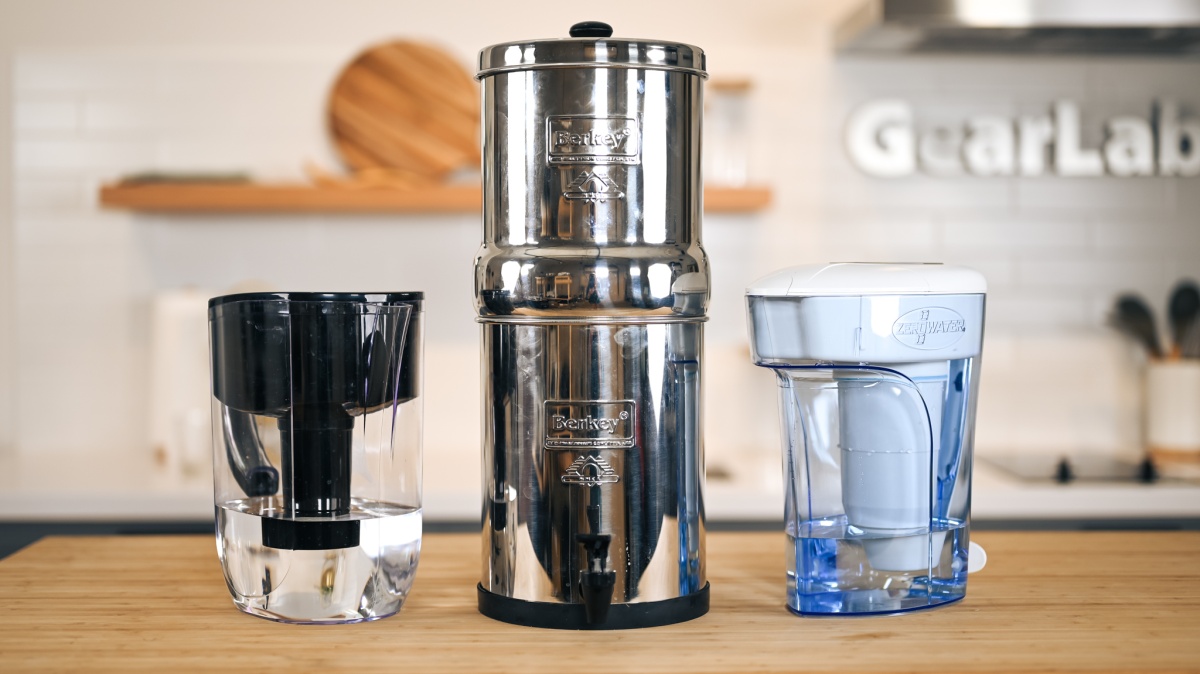

Articles
What Is The Best Faucet Water Filter
Modified: May 6, 2024
Looking for the best faucet water filter? Check out our informative articles and find the perfect one to ensure clean and safe drinking water for your family.
(Many of the links in this article redirect to a specific reviewed product. Your purchase of these products through affiliate links helps to generate commission for Storables.com, at no extra cost. Learn more)
Introduction
Access to clean and safe drinking water is essential for maintaining good health. However, tap water may contain various contaminants, such as bacteria, chemicals, and heavy metals, that can pose serious health risks. To ensure the quality of the water you consume, it’s recommended to use a faucet water filter.
A faucet water filter is a device that attaches directly to your kitchen faucet, purifying the water as it flows through. It is a convenient and cost-effective solution for removing impurities and improving the taste and odor of your tap water. In this article, we will explore the benefits of using a faucet water filter and provide information to help you choose the best one for your needs.
Key Takeaways:
- Enjoy clean, safe, and great-tasting water directly from your tap by investing in a high-quality faucet water filter. Say goodbye to costly bottled water and reduce plastic waste while prioritizing your health and convenience.
- When choosing a faucet water filter, consider factors such as filtration technology, filter lifespan, flow rate, compatibility, certifications, maintenance requirements, and cost. Explore reputable brands like Brita, Pur, Culligan, Aquasana, and ZeroWater for reliable and efficient options.
Read also: 15 Best Water Filter Faucet for 2024
Benefits of Using a Faucet Water Filter
There are numerous advantages to using a faucet water filter in your home:
- Improved Water Quality: A faucet water filter effectively removes common contaminants like chlorine, lead, mercury, pesticides, and volatile organic compounds (VOCs). This ensures that the water you consume is clean and safe for you and your family.
- Better Taste and Odor: Many tap water sources have an unpleasant taste and odor due to the presence of chemicals and other impurities. A faucet water filter eliminates these impurities, resulting in fresher, better-tasting water.
- Saves Money: Investing in a faucet water filter can save you money in the long run. Instead of buying bottled water, which can be expensive and harmful to the environment, you can enjoy unlimited filtered water straight from your tap.
- Convenience: With a faucet water filter, you don’t need to wait for water to filter in a separate system or rely on purchasing and replacing water filter pitchers. The filter attaches directly to your faucet, providing instant access to filtered water whenever you need it.
- Protects the Environment: By using a faucet water filter, you can significantly reduce your consumption of single-use plastic water bottles. This contributes to the reduction of plastic waste and lessens your carbon footprint.
- Preserves Essential Minerals: While faucet water filters remove harmful contaminants, they retain essential minerals like calcium and magnesium that are beneficial for your health.
- Easy Installation: Most faucet water filters are designed for easy installation and do not require any special tools or assistance from a professional plumber. Simply follow the manufacturer’s instructions to attach the filter to your faucet.
- Long Filter Life: Faucet water filters typically have a long filter life, eliminating the need for frequent filter replacements. This saves you time and money on maintenance.
With the numerous benefits that faucet water filters offer, it’s no wonder that they have become increasingly popular among health-conscious individuals and environmentally conscious households. In the following sections, we will explore the factors to consider when choosing a faucet water filter and highlight some of the top brands and models available on the market.
Key Takeaways:
- Enjoy clean, safe, and great-tasting water directly from your tap by investing in a high-quality faucet water filter. Say goodbye to costly bottled water and reduce plastic waste while prioritizing your health and convenience.
- When choosing a faucet water filter, consider factors such as filtration technology, filter lifespan, flow rate, compatibility, certifications, maintenance requirements, and cost. Explore reputable brands like Brita, Pur, Culligan, Aquasana, and ZeroWater for reliable and efficient options.
Read also: 15 Best Water Filter Faucet for 2024
Benefits of Using a Faucet Water Filter
When it comes to ensuring the quality of the water you consume, a faucet water filter is a must-have device in your kitchen. Here are some of the key benefits of using a faucet water filter:
- Improved Water Quality: One of the primary advantages of using a faucet water filter is the ability to remove common contaminants from your tap water. These contaminants can include chlorine, lead, mercury, pesticides, and volatile organic compounds (VOCs). By effectively filtering out these impurities, a faucet water filter ensures that the water you drink is clean and safe for consumption, reducing the risks to your health.
- Better Taste and Odor: Tap water can often have an unpleasant taste and odor, which can be attributed to the presence of chemicals and other impurities. A faucet water filter eliminates these contaminants, resulting in fresher, better-tasting water. Enjoying a glass of water that doesn’t have a strong chlorine or metallic taste can make a significant difference in your overall drinking experience.
- Financial Savings: Investing in a faucet water filter can save you money in the long run. Instead of constantly buying bottled water, which can be costly and detrimental to the environment, you can have access to unlimited filtered water straight from your tap. This not only reduces your expenses but also eliminates the need for single-use plastic water bottles, thereby contributing to a greener and more sustainable planet.
- Convenience: With a faucet water filter, you no longer have to rely on separate filtration systems or water filter pitchers. The filter attaches directly to your faucet, providing instant access to clean and filtered water whenever you need it. This convenience means that you don’t have to wait for water to filter or waste time and effort on refilling pitchers, making it a hassle-free solution.
- Environmental Impact: By choosing to use a faucet water filter, you are actively reducing your contribution to plastic waste. The amount of plastic water bottles that end up in landfills and oceans is staggering. By opting for filtered tap water, you’re making a positive impact on the environment by reducing your carbon footprint and helping to preserve natural resources.
- Preservation of Essential Minerals: While a faucet water filter removes harmful contaminants, it retains essential minerals like calcium and magnesium that are beneficial for your health. These minerals are often lost in the process of water treatment, so having them in your filtered water can provide added health benefits.
- Straightforward Installation: Most faucet water filters are designed for easy installation and do not require any specialized tools or professional assistance. You can typically install them yourself by following the manufacturer’s instructions. This simplicity means you can start enjoying the benefits of filtered water in no time with minimal effort.
- Long Filter Life: Faucet water filters usually have a long lifespan, eliminating the need for frequent filter replacements. This not only saves you time and money but also ensures that you are consistently getting clean and filtered water without interruptions.
With these numerous benefits, it’s clear why faucet water filters have become increasingly popular among health-conscious individuals and environmentally conscious households. By investing in a faucet water filter, you can enjoy clean, safe, and great-tasting water while making a positive impact on both your health and the environment.
Factors to Consider When Choosing a Faucet Water Filter
With a wide range of faucet water filters available on the market, selecting the right one for your needs can be a daunting task. To help you make an informed decision, consider the following factors when choosing a faucet water filter:
- Filtration Technology: Different faucet water filters use various filtration technologies, such as activated carbon, reverse osmosis, or ceramic filters. Each technology has its own strengths and weaknesses in terms of the contaminants they can effectively remove. Research the filtration technology used by the filter you are considering and ensure it aligns with your specific water quality concerns.
- Filter Lifespan and Replacement: Look into the lifespan of the filter and the replacement frequency. Some filters can last several months or even a year, while others may need to be replaced more frequently. Consider your household’s water usage and choose a filter with a lifespan that suits your needs. Additionally, check the availability and cost of replacement filters to ensure they are easily accessible and within your budget.
- Flow Rate: The flow rate of a faucet water filter determines how quickly it can filter the water. If you require a high flow rate for filling large containers or for tasks like washing dishes, choose a filter with a higher flow rate. Keep in mind that a higher flow rate may affect the effectiveness of the filtration process, so find a balance between speed and filtration efficiency.
- Compatibility: Ensure that the faucet water filter you choose is compatible with your kitchen faucet. Consider the faucet’s size, design, and the type of installation required. Some filters have adapters or multiple attachments to fit a variety of faucet types, while others may have specific compatibility requirements.
- Certifications: Look for certifications such as NSF International or the Water Quality Association to ensure that the faucet water filter meets recognized industry standards for performance and contaminant removal. Certifications can provide assurance that the filter has undergone rigorous testing and meets quality and safety requirements.
- Filter Maintenance: Consider the maintenance requirements of the faucet water filter. Some filters may require periodic cleaning or have indicator lights that alert you when it’s time to change the filter. Evaluate if the maintenance tasks are manageable and fit into your lifestyle.
- Cost: Determine your budget for a faucet water filter and explore options that fall within your price range. Consider not only the upfront cost of the filter but also the long-term costs, including filter replacements. Remember that investing in a quality filter may save you money on bottled water purchases in the long run.
- Customer Reviews: Read customer reviews and ratings of different faucet water filters to get insights into their performance and reliability. Real-life experiences from other users can help you gauge the effectiveness, durability, and overall satisfaction with the filter.
By taking these factors into consideration, you can narrow down your options and choose a faucet water filter that best suits your specific needs, preferences, and budget. Remember that the right filter for you may depend on the quality of your tap water and the contaminants you want to remove, so thoughtful research and evaluation are crucial in making the right decision.
When choosing a faucet water filter, look for one that is certified to remove contaminants such as lead, chlorine, and other impurities. Consider the filter’s lifespan, ease of installation, and compatibility with your faucet.
Top Brands and Models of Faucet Water Filters
With the growing demand for faucet water filters, several reputable brands have emerged in the market, offering a wide range of models to cater to different needs. Here are some of the top brands and models of faucet water filters known for their quality and performance:
- Brita: Brita is a well-known brand in the water filtration industry and offers a variety of faucet water filter models. Their filters utilize activated carbon technology to remove impurities and improve the taste and odor of tap water. Brita faucet water filters are easy to install, have a long filter life, and come with an indicator to let you know when it’s time to replace the filter.
- Pur: Pur is another trusted brand that offers a range of faucet water filters. Their filters use a combination of activated carbon and ion exchange to effectively reduce contaminants in tap water. Pur faucet water filters have a sleek design, multiple settings for different filtration needs, and a convenient one-click installation system.
- Culligan: Culligan is known for its innovative water filtration solutions, including faucet water filters. Their filters feature advanced filtration technologies, such as carbon-block or ceramic, to provide clean and great-tasting water. Culligan faucet water filters are easy to install, have a long filter life, and offer multiple filter options to address specific water concerns.
- Aquasana: Aquasana is recognized for its high-performance water filtration systems, including faucet water filters. Their filters use a combination of activated carbon, ion exchange, and sub-micron mechanical filtration to effectively remove a wide range of contaminants. Aquasana faucet water filters have a slim and compact design, provide fast flow rates, and offer options for additional filters to target specific contaminants.
- ZeroWater: ZeroWater is known for its advanced filtration technology that removes more impurities compared to traditional carbon filters. Their filters use a five-stage filtration process to deliver purified and great-tasting water. ZeroWater faucet water filters come with a digital TDS (Total Dissolved Solids) meter to ensure optimal filter performance and provide an indication of water quality.
These top brands have established their reputation through years of delivering reliable and efficient faucet water filters. However, it’s important to note that each model may have different features and capabilities, so it’s essential to consider your specific needs and preferences when selecting a brand and model that best suits you.
Before making a purchase, carefully read product descriptions, customer reviews, and compare the specifications of different faucet water filter models. This will help you make an informed decision and choose a filter that aligns with your water quality concerns and fits seamlessly into your kitchen.
Read more: How To Install A Water Filter Faucet
Installation and Maintenance of Faucet Water Filters
Installing and maintaining a faucet water filter is a straightforward process that can be easily done by following a few simple steps. Here’s a guide to help you with the installation and maintenance of your faucet water filter:
Installation:
- Read the instructions: Before starting the installation, carefully read the manufacturer’s instructions that come with your faucet water filter. Familiarize yourself with the components and any specific requirements for your filter model.
- Prepare your faucet: Ensure that your faucet is clean and free from any debris or mineral buildup. Remove any existing aerators or adapters that may interfere with the installation process.
- Install the filter: Depending on the model of your faucet water filter, you may need to attach adapters or fittings to properly fit your faucet. Follow the manufacturer’s instructions to attach the filter securely to the faucet. Some filters may have a switch or lever to divert water between filtered and unfiltered modes.
- Check for leaks: Once the filter is installed, turn on the faucet to check for any leaks or dripping. Tighten any connections if necessary to ensure a secure fit and leak-free operation.
- Flush the filter: Before using the filtered water for drinking or cooking, it’s recommended to flush the filter. Run the water for a few minutes to remove any initial carbon dust or particles that may be present in the newly installed filter.
Maintenance:
- Regular filter replacement: Most faucet water filters come with a recommended filter replacement schedule. Follow this schedule to ensure that the filter functions optimally and continues to provide clean and filtered water. Replacement frequencies may vary depending on filter lifespan and your household’s water usage.
- Cleaning as needed: Some faucet water filters may require periodic cleaning to remove any debris or buildup that could affect their performance. Refer to the manufacturer’s instructions for specific cleaning guidelines. Avoid using abrasive cleaners or brushes that could damage the filter or its components.
- Monitor filter status: Some faucet water filters have indicator lights or digital displays that provide information about the status of the filter. Pay attention to these indicators and replace the filter when necessary, according to the manufacturer’s recommendations.
- Inspect for leaks: Regularly check for any leaks or drips around the filter connections. If you notice any leaks, tighten the fittings or contact the manufacturer for support and troubleshooting.
By following these installation and maintenance guidelines, you can ensure that your faucet water filter operates effectively and provides you with clean and great-tasting water. Remember to refer to the specific instructions provided by the manufacturer for your particular faucet water filter model as they may have unique installation and maintenance requirements.
Comparison of Faucet Water Filters
When it comes to choosing a faucet water filter, it’s essential to compare different models to find the one that best meets your needs. Here, we will compare commonly considered factors to help you make an informed decision:
Filtration Technology:
Faucet water filters utilize various filtration technologies, such as activated carbon, ceramic, or reverse osmosis. Consider the specific contaminants you want to remove from your water and choose a filter that effectively addresses those concerns.
Filter Lifespan and Replacement:
Look at the lifespan of the filter and the replacement frequency. Longer filter lifespans mean less frequent replacements. Consider your household’s water usage and choose a filter that fits your needs and budget.
Flow Rate:
The flow rate of a faucet water filter determines how quickly it can filter the water. If you require a high flow rate for filling large containers or for tasks like washing dishes, choose a filter with a higher flow rate. However, remember that a higher flow rate may affect the effectiveness of the filtration process.
Compatibility and Fit:
Ensure that the faucet water filter you choose is compatible with your kitchen faucet. Check the size, design, and installation requirements to ensure a proper fit. Some filters come with adapters or multiple attachments to fit a variety of faucet types.
Certifications:
Look for certifications such as NSF International or the Water Quality Association to ensure that the faucet water filter meets recognized industry standards for performance and contaminant removal. Certifications provide assurance of quality and safety.
Maintenance:
Consider the maintenance requirements of the faucet water filter. Some filters require periodic cleaning or have indicator lights that alert you when it’s time to change the filter. Evaluate if the maintenance tasks are manageable and fit into your lifestyle.
Cost:
Determine your budget for a faucet water filter and explore options that fall within your price range. Consider not only the upfront cost of the filter but also the long-term costs, including filter replacements. Balance the filter’s price with its performance and features to find the best value for your money.
Customer Reviews:
Read customer reviews and ratings of different faucet water filters to gain insights into their performance and reliability. Real-life experiences from other users can help you better evaluate the effectiveness, durability, and overall satisfaction with the filter.
By comparing these factors, you can narrow down your choices and find a faucet water filter that meets your specific requirements. Keep in mind that the right filter for you may depend on the quality of your tap water and the contaminants you want to remove. Consider your priorities and make an informed decision based on your specific needs and preferences.
Conclusion
In conclusion, a faucet water filter is a valuable addition to any kitchen, offering numerous benefits for both your health and the environment. By investing in a high-quality faucet water filter, you can enjoy clean, safe, and great-tasting water directly from your tap, while also reducing plastic waste from single-use water bottles.
The benefits of using a faucet water filter are manifold. Not only does it remove common contaminants like chlorine, lead, and pesticides, but it also improves the taste and odor of your tap water. With a faucet water filter, you no longer have to rely on costly and environmentally damaging bottled water. Instead, you’ll have unlimited access to clean, filtered water at your convenience.
When selecting a faucet water filter, consider factors such as the filtration technology, filter lifespan, flow rate, compatibility, certifications, maintenance requirements, and cost. Additionally, read customer reviews to gain insights into the performance and reliability of different models. By carefully choosing a faucet water filter that suits your specific needs, you can ensure that you are getting the most out of your investment.
Remember to follow the installation and maintenance instructions provided by the manufacturer to ensure optimal performance and longevity of your faucet water filter. Regularly replace the filter as recommended and monitor for any leaks or issues that may arise.
With the wide range of top brands and models available in the market, you have ample options to choose from. Consider reputable brands like Brita, Pur, Culligan, Aquasana, and ZeroWater, which offer reliable and efficient faucet water filters with different features and capabilities.
Incorporating a faucet water filter into your daily routine is a simple yet impactful step towards ensuring the availability of clean and safe drinking water. By making this small change, you can improve your overall health, reduce plastic waste, and contribute to a more sustainable future for generations to come.
So why wait? Start exploring the wide range of faucet water filters available today and take the first step towards enjoying clean, filtered water right from your tap.
Eager to ensure that every sip of water you take is as pure as can be? Dive deeper into the world of water purity with our comprehensive reviews. Whether you prioritize removal of contaminants or overall system efficiency, our articles cover all bases. You'll find a detailed guide on the latest water purification innovations, perfect for those seeking peace of mind about their water quality. Additionally, learn more about the most effective water filtration systems on the market, designed to suit various household needs. Let's make sure your water is clean, safe, and tasty!
Frequently Asked Questions about What Is The Best Faucet Water Filter
Was this page helpful?
At Storables.com, we guarantee accurate and reliable information. Our content, validated by Expert Board Contributors, is crafted following stringent Editorial Policies. We're committed to providing you with well-researched, expert-backed insights for all your informational needs.
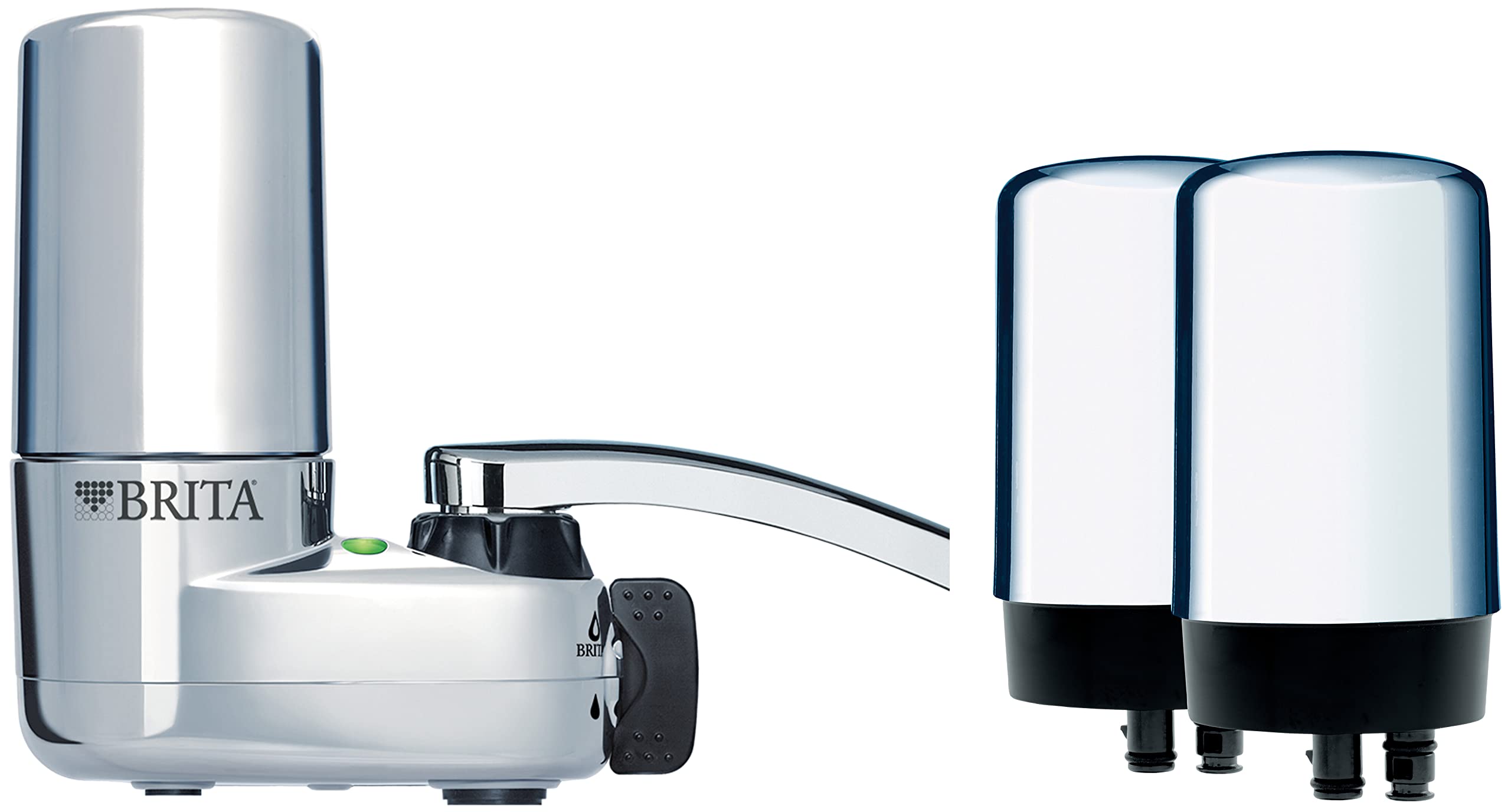
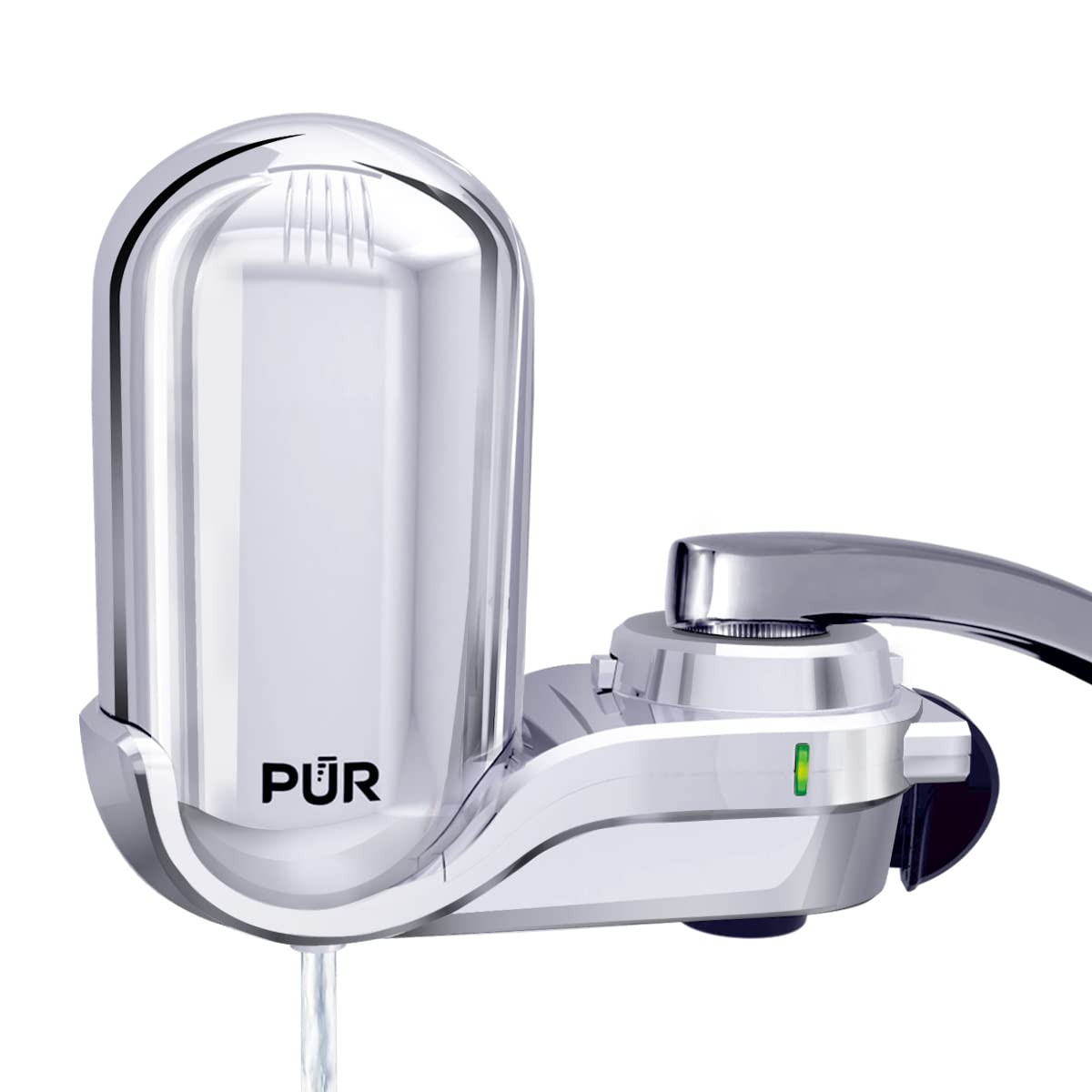
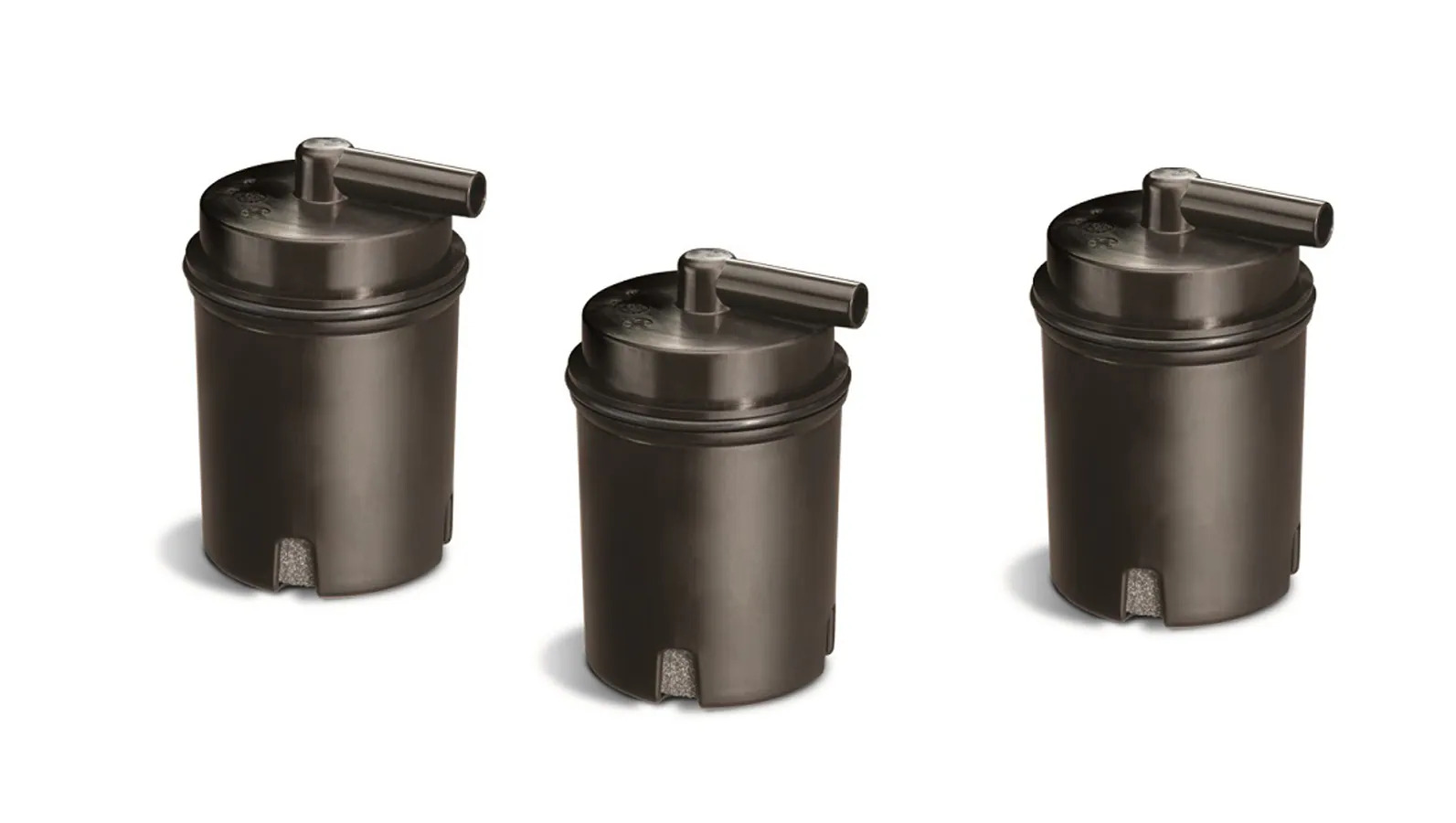
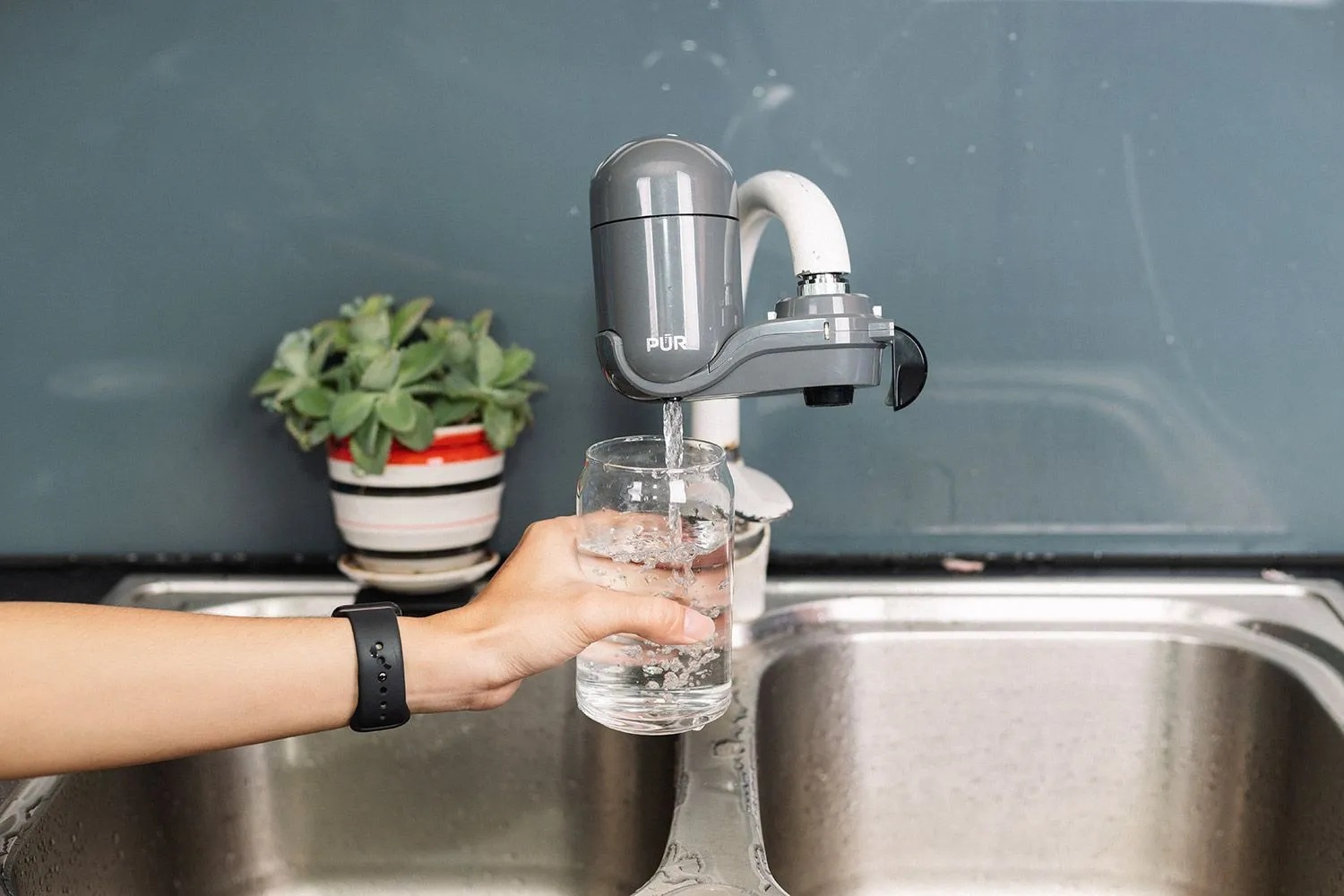
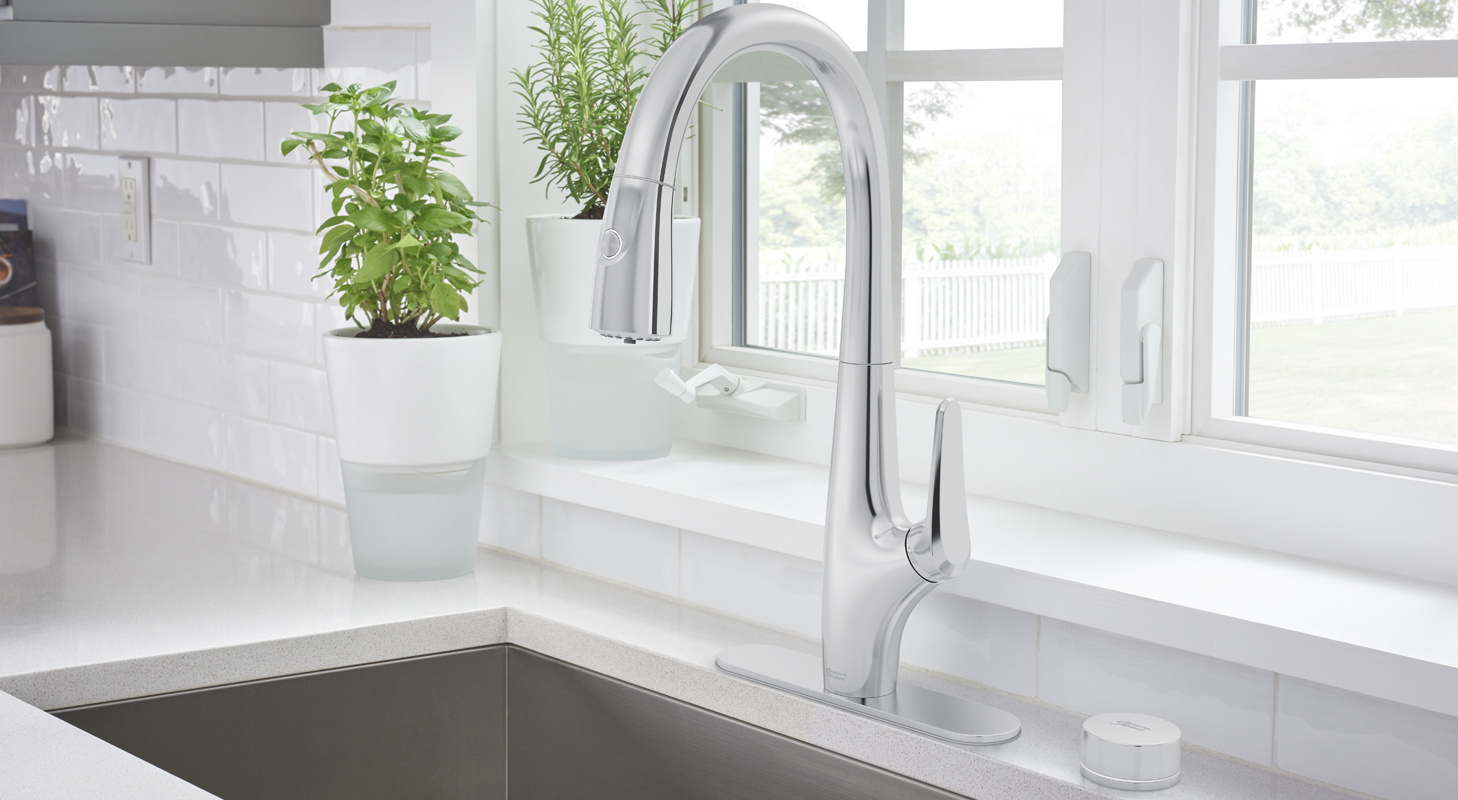
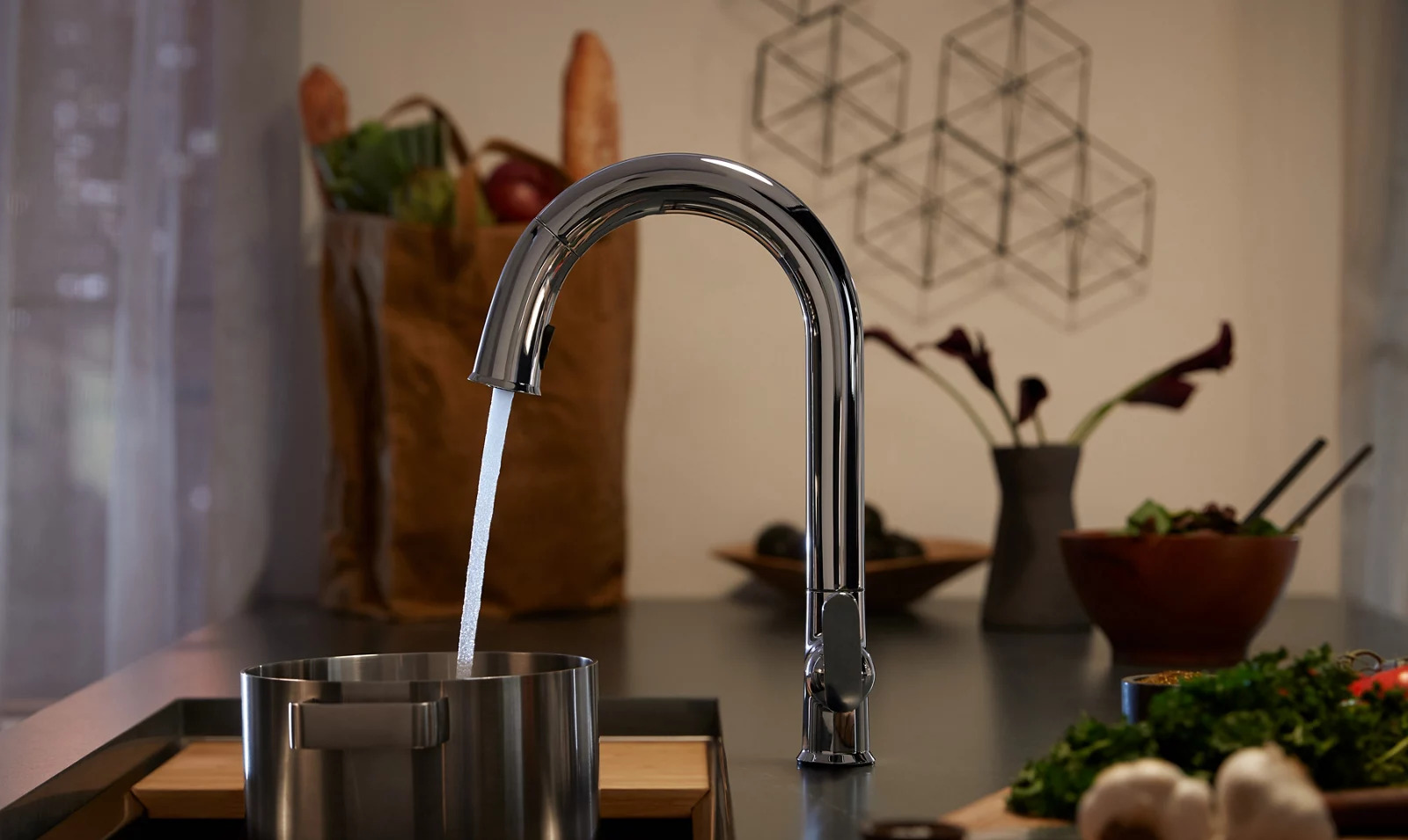
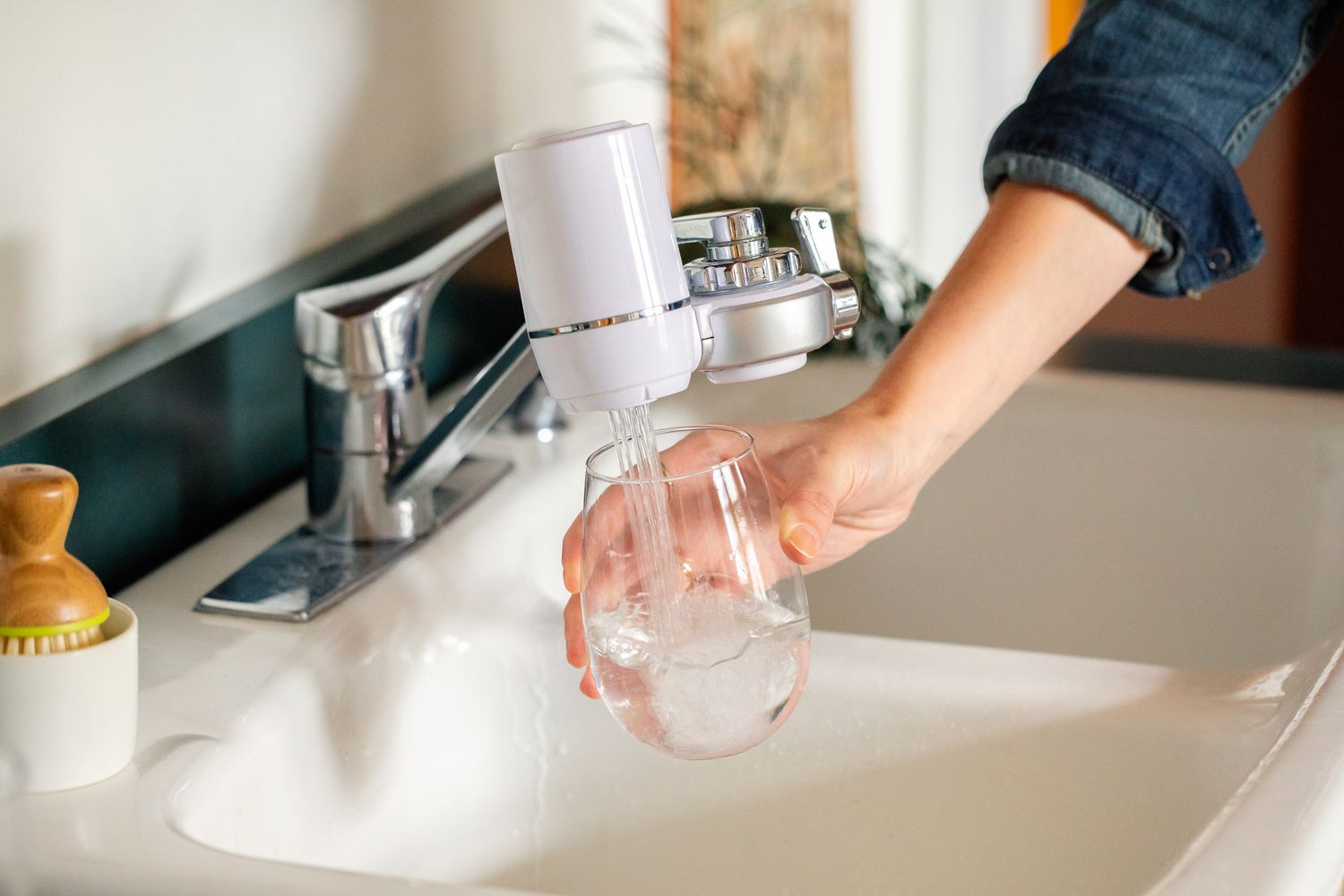
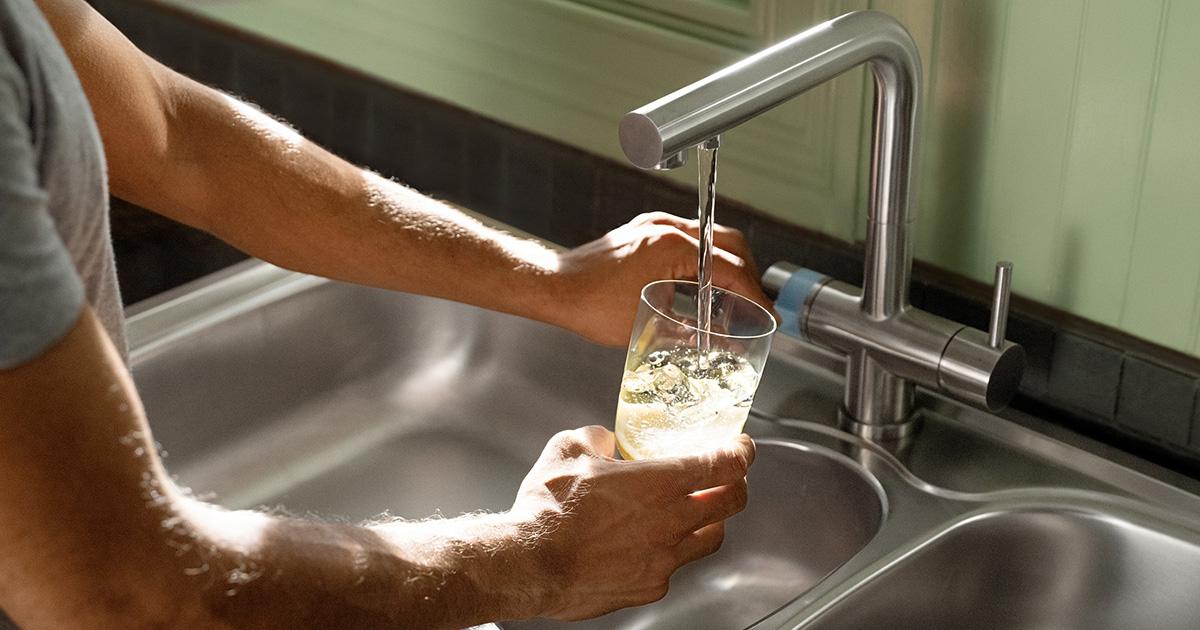
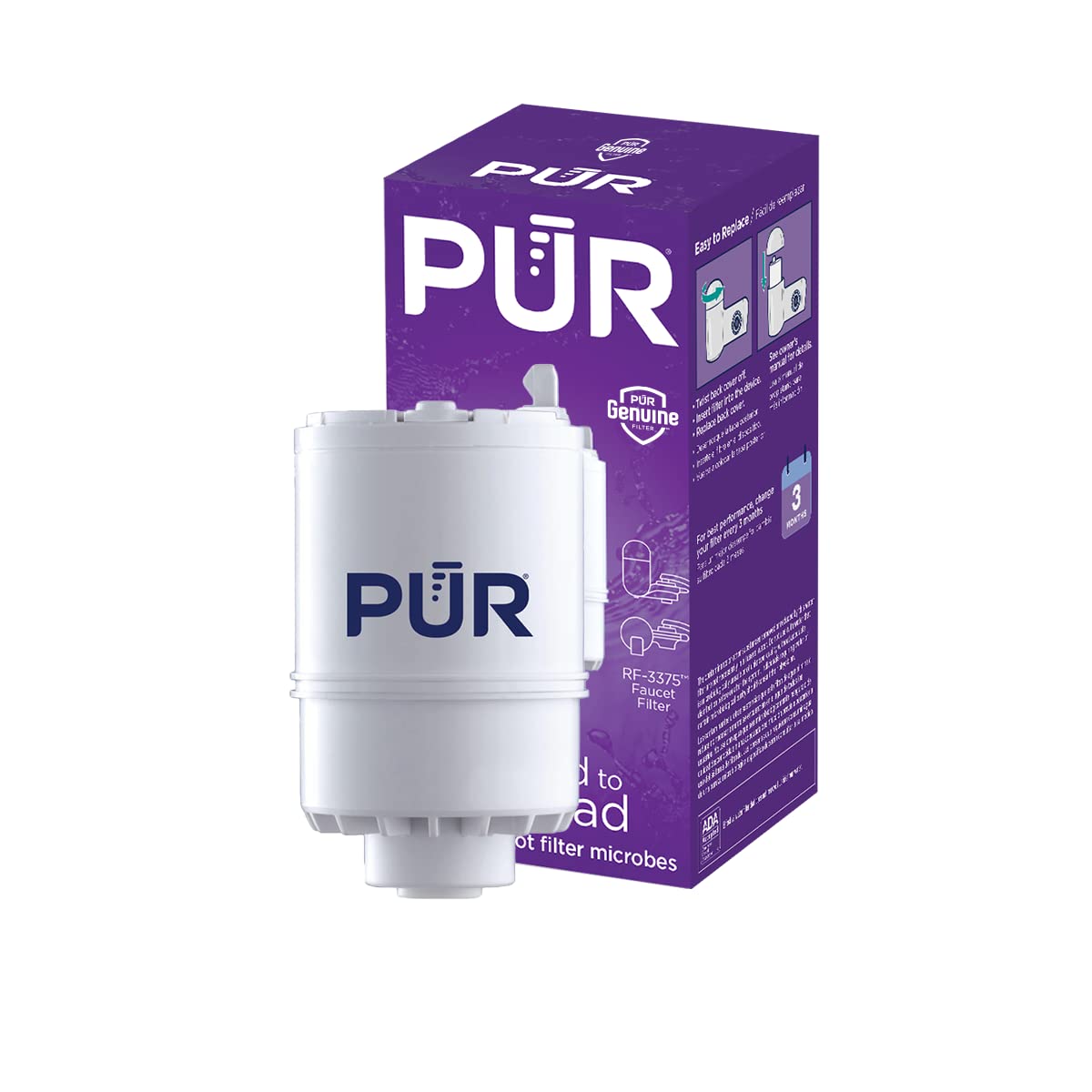
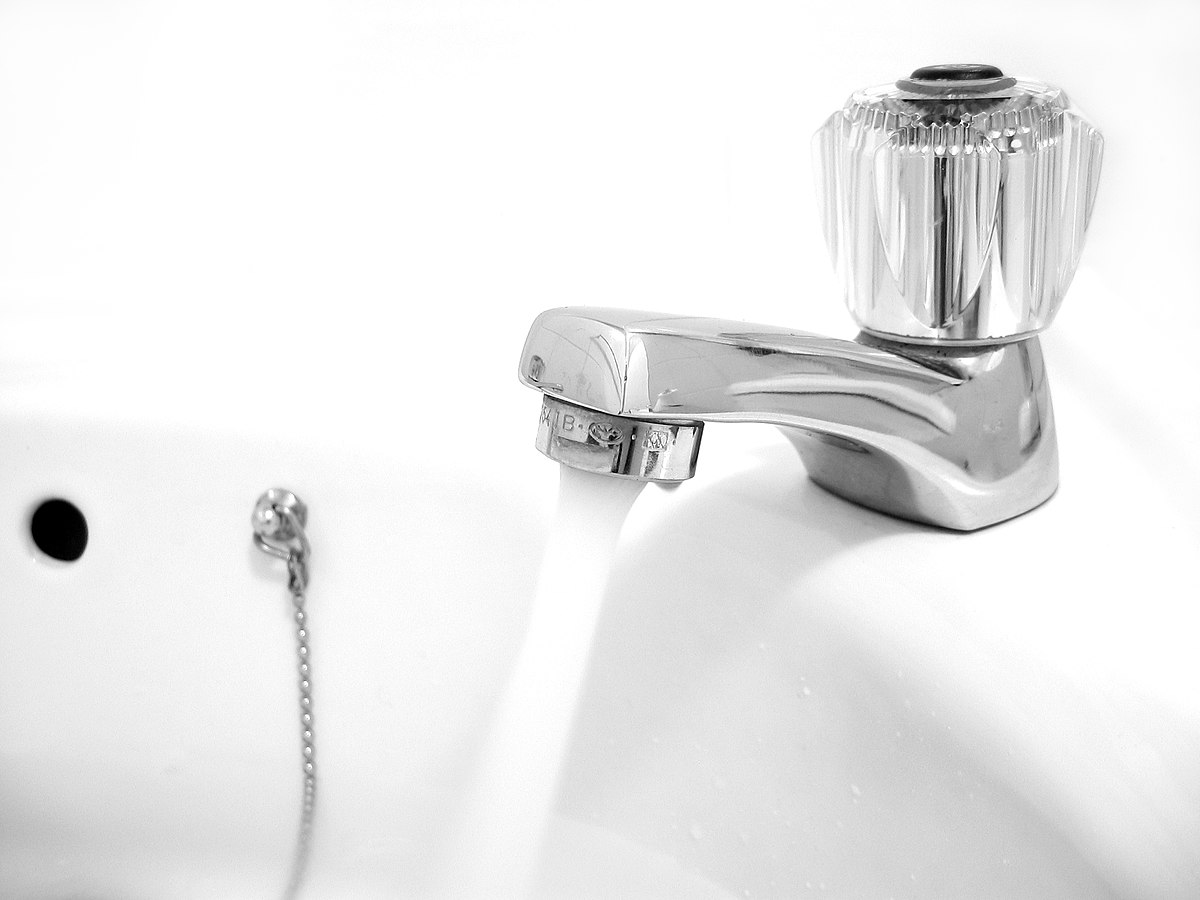
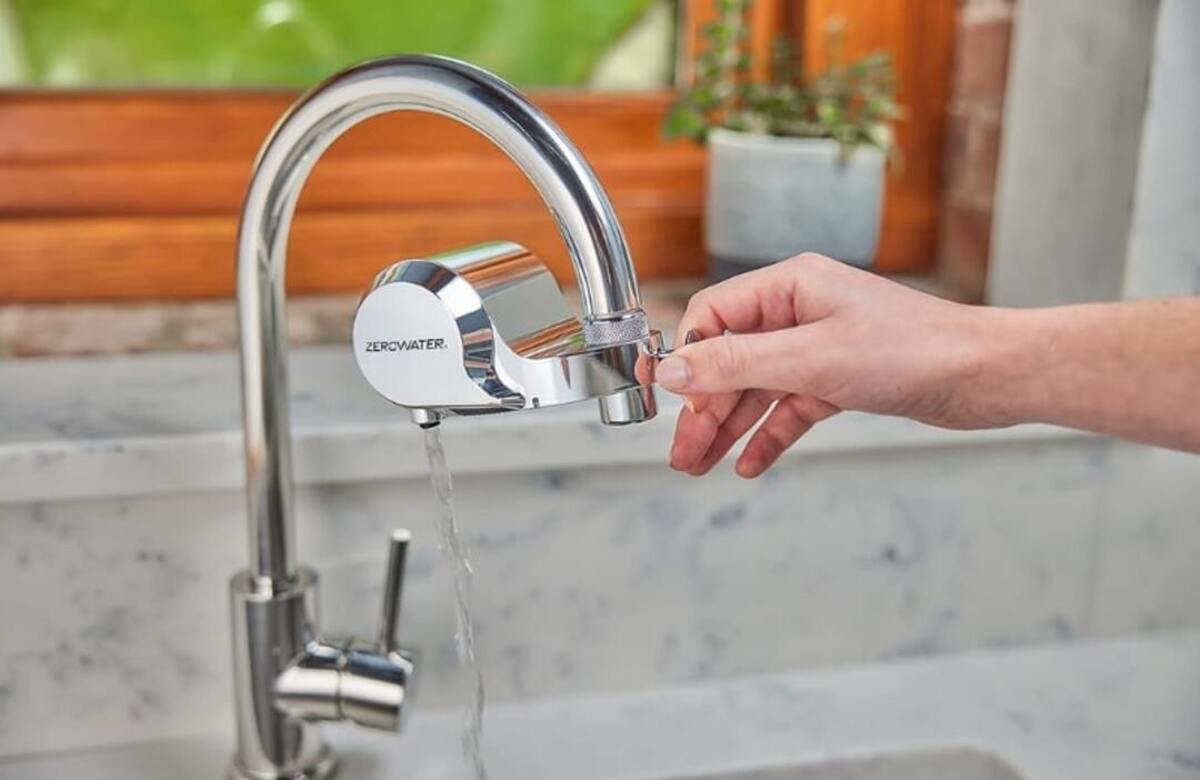
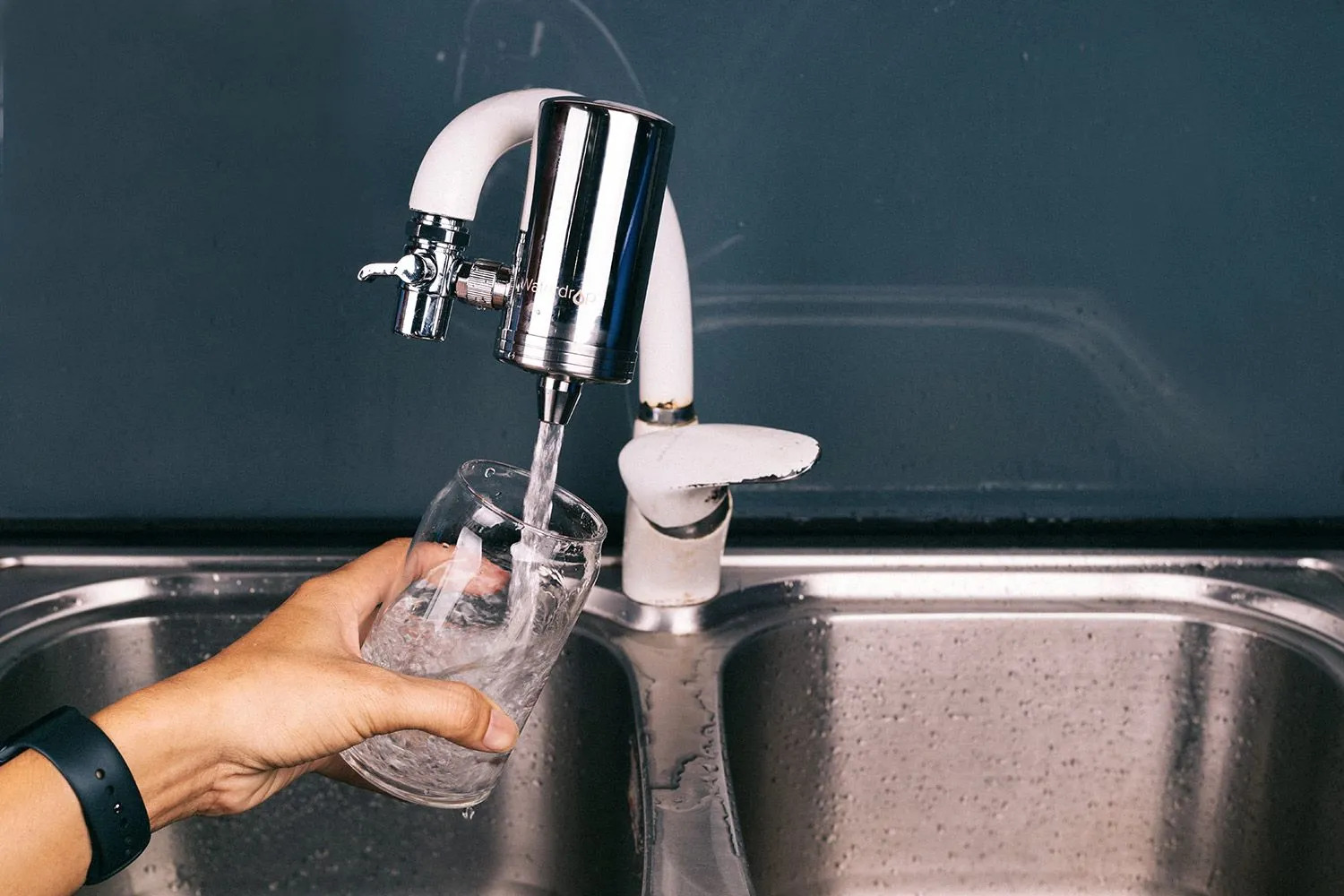
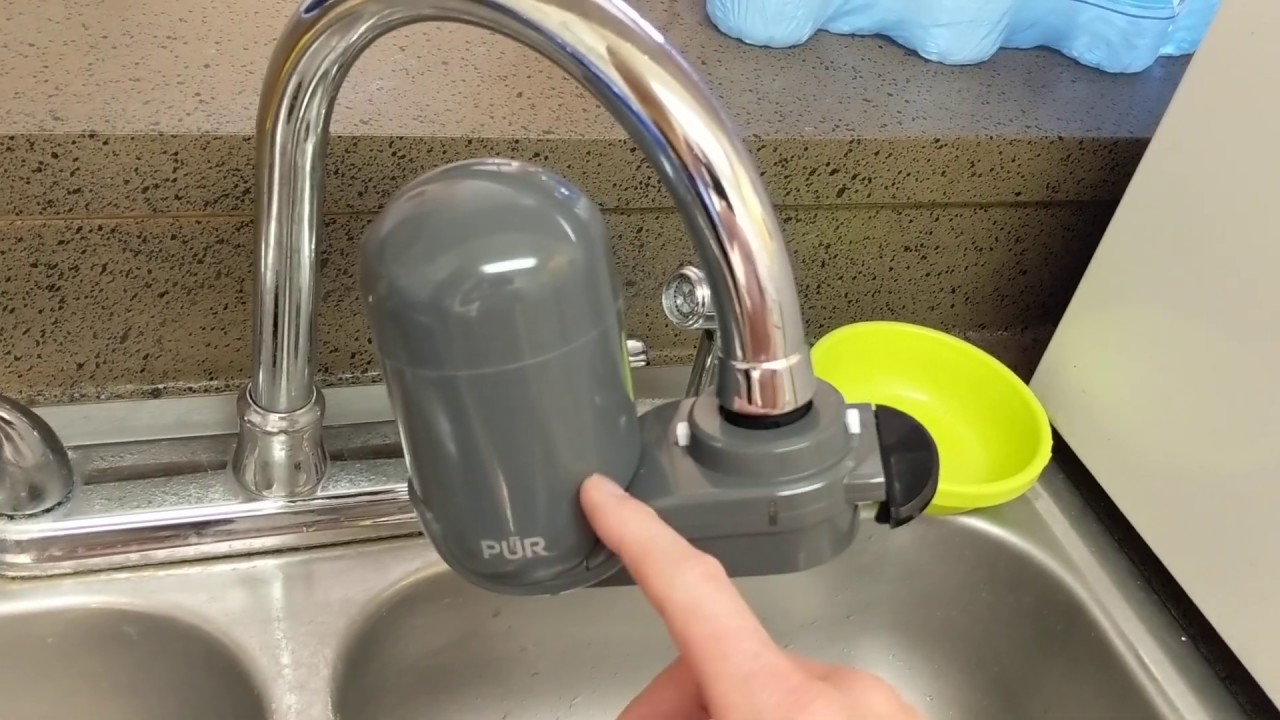
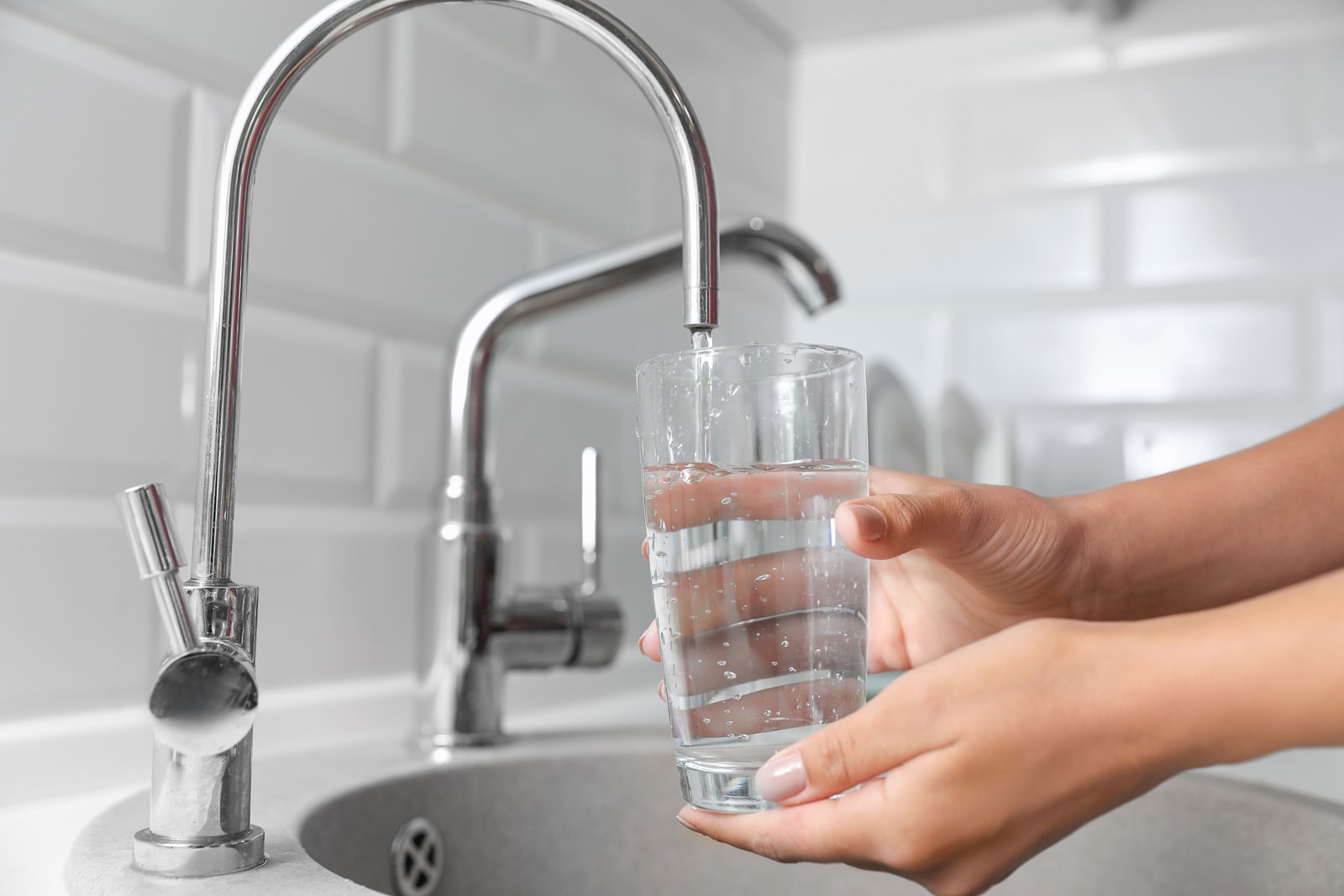

0 thoughts on “What Is The Best Faucet Water Filter”